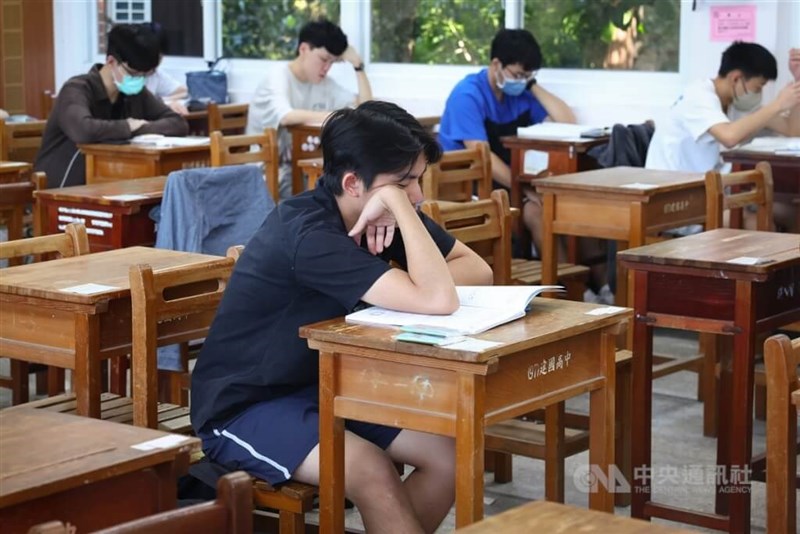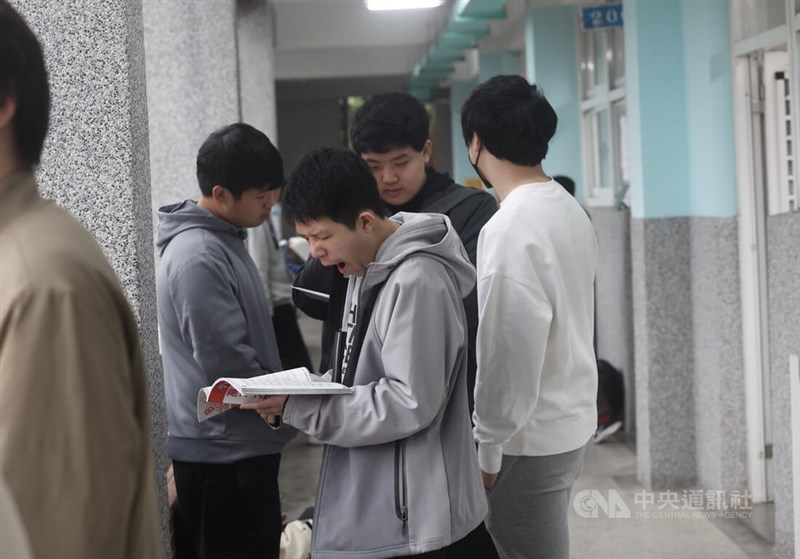
Taipei, Sept. 8 (CNA) The use of benzodiazepines among adolescents in Taiwan nearly doubled between 2014 and 2018, surpassing rates in Europe and the United States, according to Taiwan's National Health Research Institutes (NHRI).
NHRI research found that use of sleep-inducing sedatives among Taiwanese aged 12 to 17 rose from 0.42 percent in 2014 to 0.8 percent in 2018.
Within that group of adolescent benzodiazepine users, the proportion of nonprescription use also increased from 38.1 percent to 48.8 percent.
The findings, drawn from a nationwide survey on substance use in Taiwan conducted every four years, were based on the latest analysis of available data.
Wei J. Chen (陳為堅), vice president of the NHRI and a research fellow at the Center for Neuropsychiatric Research, led the study, which involved interviews of 17,837 people in 2014 and 18,626 in 2018.
The survey results showed that overall prevalence of benzodiazepine use held steady at about 5 percent from 2014 to 2018, while nonmedical use remained at 0.7 percent.

However, usage patterns differed in terms of age and gender.
Among men, both prevalence and nonmedical use declined.
In contrast, prevalence among women aged 18 to 39 rose from 2.91 percent to 3.81 percent during the four-year period, while nonprescription use among women aged 40 to 64 increased from 0.73 percent to 1.14 percent.
Chen told CNA on Monday that rises in adolescent use of sleeping pills have also been observed internationally and may be tied to the spread of electronic devices.
Chen explained that two major types of benzodiazepines are not approved for adolescent insomnia in Taiwan and many other countries.
Despite this, young people may still obtain prescriptions and share the drugs with friends, he said.
-
Society
Highs of 25-30°C and sun forecast for Taiwan Sunday
02/21/2026 07:22 PM -
Science & Tech
Taiwanese experts see model for 'sovereign AI' development in India
02/21/2026 06:18 PM -
Society
Taiwan seeks to regain ASF-free status with WOAH
02/21/2026 05:29 PM -
Politics
After Trump tariff ruling, KMT calls to renegotiate U.S. trade deal
02/21/2026 04:04 PM -
Politics
Impact of Trump's 10% tariff on Taiwan 'limited': Executive Yuan
02/21/2026 03:51 PM